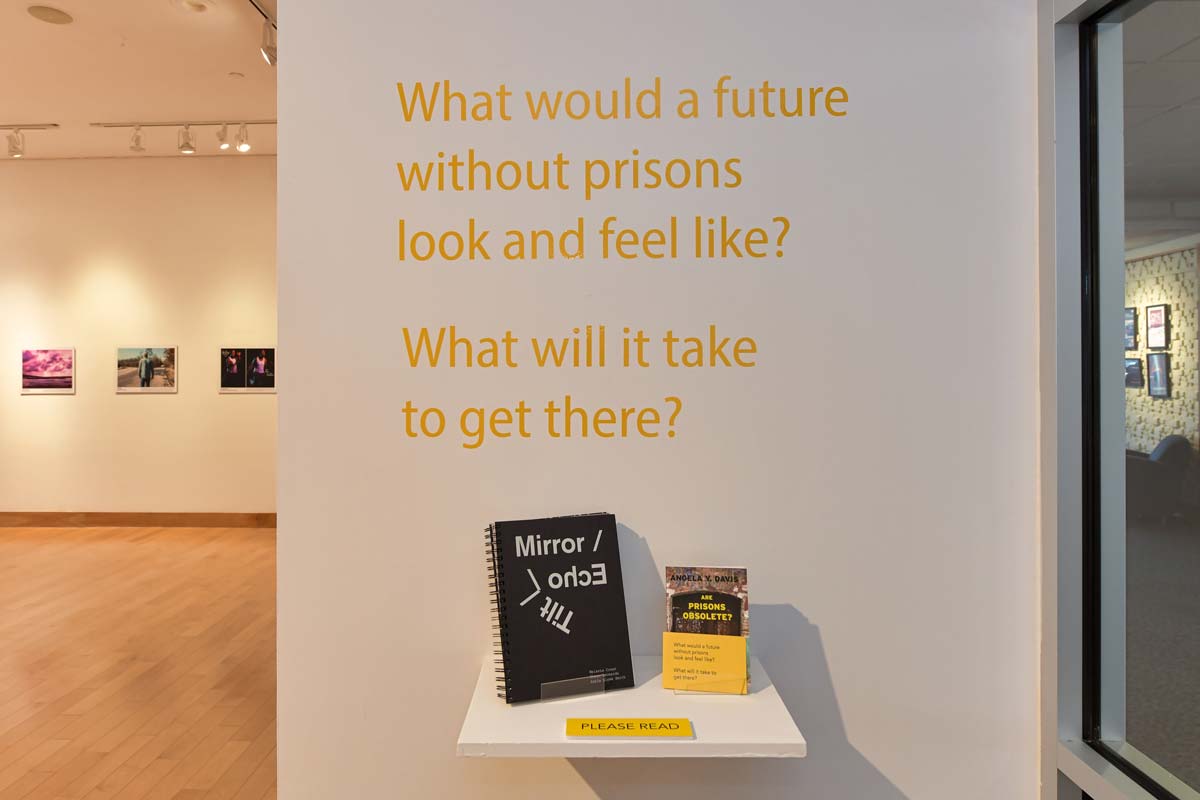The Criminal Justice, Restorative Justice, and Criminology Program at Wheaton equips students with the knowledge, perspectives and experiences to tackle the most challenging questions in each of these three fields. Combining classroom learning with research and field experience, this program prepares graduates for a wide range of potential careers.
Explore Courses
Major
Minor
Understanding Criminology, Criminal Justice, and Restorative Justice
This program combines theoretical frameworks on crime and justice with an in-depth investigation of how these systems actually operate. Students develop critical thinking skills as they examine the structure and purpose of the criminal justice system. Then, they explore human factors that influence the people in the system and the system itself. The program addresses issues such as disproportionate minority contact and their perpetuation in the system, and the role of policy in shaping the operation of local facilities and national systems.
See the course catalog for major requirements and electives.
Criminology involves studying the social and political origins of criminal law, the causes of criminal behavior, the extent and distribution of criminal patterns, and the societal definitions and reactions to crime.
Criminal justice involves studying the structure, purpose and functioning of the police, the courts, and the prison system and understanding criminal justice as a product of history, politics, economics and social decision-making.
Restorative justice focuses on victim-offender reconciliation in righting the wrong caused by crime. It underscores connectedness, compassion and forgiveness with the goal of repairing the individual, relational and social harm caused by the crime.
Why Study Criminal Justice at Wheaton?
As a liberal arts college with a long commitment to equity and social justice, Wheaton equips students with the interdisciplinary perspectives needed to think critically and productively. Then, students apply that knowledge through experiential opportunities in the field. The mission of the Criminal Justice, Restorative Justice, and Criminology Program is to prepare students to tackle some of the most challenging questions in the field such as wrongful arrests, mass incarceration and systemic disparities on the basis of race, class, nationality, and many other factors.
Alumni in Criminal Justice
Wheaton College graduates who pursue careers in criminal justice, restorative justice, and criminology work in a variety of fields.
Sergeant Detective
Boston Police Department
Boston, MA
Special Investigator
Attorney General’s Office of New York
New York, NY
Senior Special Agent
Bureau of Alcohol, Tobacco, Firearms and Explosives
U.S. Department of Justice
New Orleans, LA
Workplace Violence Prevention Program Coordinator
U.S. Department of Veteran Affairs
San Antonio, TX
Associate Justice
Massachusetts Trial Court
Boston, MA
Assistant Attorney General
Office of the Attorney General
Brunswick, ME
Assistant Public Defender
Sacramento County Public Defender’s Office
Sacramento, CA
Deputy General Counsel
New Hampshire Department of Justice
Concord, NH
Attorney
TakeRoot Justice
New York, NY
Forensic Program Coordinator
Collaborative Testing Services
Sterling, VA
Department
Offered by the Sociology department.

